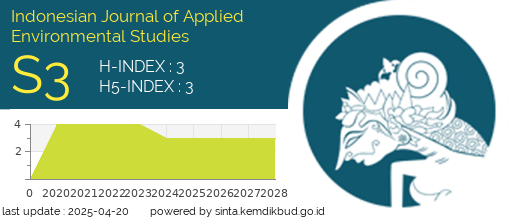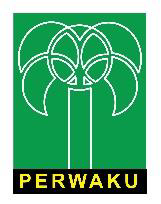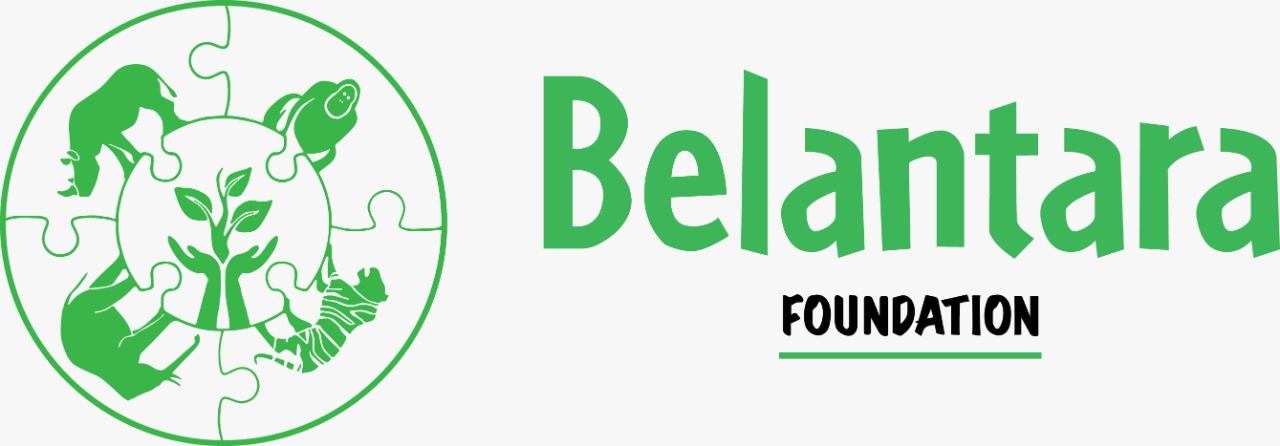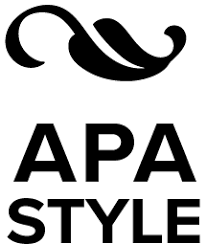Design and development of a problem-based learning (PBL) e-module in environmental education for enhancing pro-environmental behaviour
DOI:
https://doi.org/10.33751/injast.v6i1.26Keywords:
ADDIE, e-module, Problem Based Learning (PBL), pro-environmental behaviourAbstract
This study aimed to develop an environmental education e-module based on the Problem-Based Learning (PBL) approach to foster pro-environmental behaviour among elementary school students. The research employed the ADDIE (Analysis, Design, Development, Implementation, and Evaluation) model, encompassing five sequential stages. The findings indicate that the PBL-based e-module on environmental change effectively enhanced pro-environmental behaviour in Grade V students. Pre-test and post-test analysis yielded an average N-gain score of 0.69 (medium category) and a percentage gain of 68.98% (quite effective category). Furthermore, assessment of pro-environmental behaviour indicators showed high achievement criteria. These results suggest that the developed e-module is both suitable for classroom use and effective in promoting pro-environmental behaviour.
References
Afrila, D., & Yaymayani, A. (2018). Development of Interactive Learning Media Module with Adobe Flash Software in Mathematics Economics Course at Batanghari University Jambi. Scientific Journal of Batanghari University Jambi, 18(3), 539-551.
Abdelraheem A. Y., & Al-Rabane, A. H (2005). Utilisation and Benefits of Instructional Media in Teaching Social Studies Courses asPerceived by Omani Students. Malaysian Online Journal of Instructional Technology, 2(1), 1-8.
Arikunto., Suharsimi., & Safruddin, A. J. C. (2010). Evaluasi Program Pendidikan.
Jakarta: Bumi Aksara.
Azwar, S. (2013). Reliability and Validity. Yogyakarta: Pustaka Pelajar.
Bronfman, N. C., Cisternas, P. C., López-vázquez, E., Maza. C. De., & Oyanedel, J. C. (2015). Understanding Attitudes and Pro-Environmental Behaviors in a Chilean Community. Sustainability, 7(10), 14133-14152. https://doi.org/10.3390/su71014133
Darmawan, D. (2017). The Influence of Packaging and Price on Purchasing Decisions for Hydroponic Vegetable Products. Agrimas Journal. 1(1). 1-10.
Downey, H., Amano, T., Cadotte, M., Cook, C. N., Cooke, S. J., ... ., Plotnik, J. M., Priatna, D., Ramos, A. G., et al. (2021). Training future generations to deliver evidence‐based conservation and ecosystem management. Ecological Solutions and Evidence, 2(1), e12032.
Hake, R. (2002). Lessons from The Physics Education Reform Effort. Conservation Ecology, 5(2), 28. [online] URL: http://www.consecol.org/vol5/iss2/art28/
Hamzah, S. (2013). Environmental Education: An Introductory Insight. Bandung: Refika Aditama.
Kemendikbud. (2022). Learning Achievements in Early Childhood Education. Primary Education Level and Secondary Education Level in the Independent Curriculum. Jakarta: Kemendikbud RI.
Kuswati, R. (2021). Instruments Validation of Pro Environmental Behaviour Model. Validasi Instrumen Model Perilaku Pro Lingkungan. http://repository.urecol.org/ index.php/proceeding/article/view/1717
Kollmuss, A., & Agyeman, J. (2002). Mind the Gap: Why Do People Behave Environmentally and What are the Barriers to Pro-Environmental Behaviour. Environmental Education Research, 8(3), 239-260. https://doi.org/10.1080// 1350462022014540
Meltzer, D. E. (2002). The relationship between mathematics preparation and conceptual learning gain in physics: A possible “hidden variable” in diagnostic pre-test scores. American Association of Physics Teachers, 70 (12), 1259-1268.
Nurmayanti, F. (2015). Development of an Electronic Physics Module with the PDEODE Strategy on the Subject of Kinetic Theory of Gases for Class XI SMA Students. Proceedings of the National Symposium on Science Innovation and Learning. Bandung: ITB.
Marfai, M. A. (2016). Introduction to Environmental Ethics and Local Wisdom. Yogyakarta: Gadjah Mada University Press
Priatna, D., & Khan, S. M. (2024). The importance of education and role of educational institutions in climate change mitigation and achieving UN SDG 13 “Climate Action” Indonesian Journal of Applied Environmental Studies, 5(1), 1-5.
Priatna, D., Monk, K. A., & Khan, S. M. (2025). Empowering the Planet: The 2025 Earth Day Resolution. Indonesian Journal of Applied Environmental Studies, 6(1), 1-6.
Rismayanti, T. A., Anriani. N., & Sukirwan, S. (2022). Development of Modular-Assisted E-Modules on Smartphones to Improve Junior High School Students' Mathematical Critical Thinking Abilities. Journal of Mathematics Education, 6(1), 859–873. https://doi.org/10.31004/cendekia.v6i1.1286
Robertson, J. L. (2016). Greening Organizations Through Leader’s Influence on Employees Pro- Environmental Behaviors. Journal of Organizational Behavior, 34(2), 176–194
Sugiyono. (2018). Quantitative, Qualitative and R&D Research Methods. Bandung: Alfabeta.
Susanto. D. (2012). Implementation of character education through nature-based learning at SD Alam Ar-Ridho Semarang. [Thesis]. Universitas Negeri Yogyakarta, Yogyakarta.
Uar, N. D., Murti, S. H., & Hadisusanto, S. (2016). Kerusakan Lingkungan Akibat Aktivitas Manusia pada Ekosistem Terumbu Karang. MGI Journal, 30(1). 88-95
Wawan, A., & Dewi, M. (2011). Theory and Measurement of Knowledge, Attitudes, and Human Behavior. Yogyakarta: Nuha Medika.
Wiharjo, D. S., Sofia, H., Yuliani, N., & Sujarwanta, A. (2017). The effects of green schooling knowledge level and intensity of parental guidance on the environmental awareness of the early age student. Academic Journals, 12(5), 251-257. doi: 10.5897/ERR2015.2608
Downloads
Published
How to Cite
Issue
Section
License
Copyright (c) 2025 Indonesian Journal of Applied Environmental Studies

This work is licensed under a Creative Commons Attribution-NonCommercial-ShareAlike 4.0 International License.


















